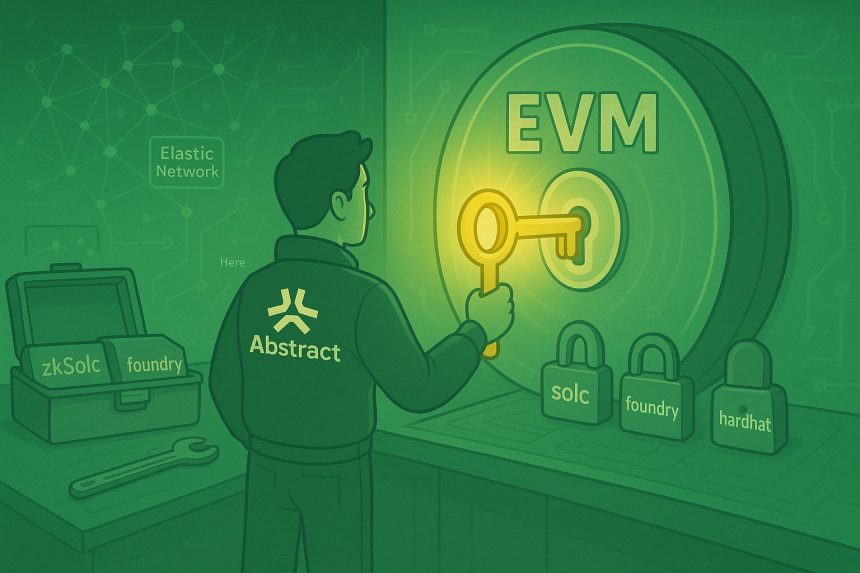Abstract Is Now Fully EVM Equivalent — A Major Leap for Developers
As of today, Abstract Chain is officially EVM equivalent — marking a significant milestone for developers and teams building on the chain.
From Compatibility to Equivalence
Previously, Abstract was EVM compatible, meaning some Ethereum-based smart contracts could run with minimal changes, while others required code adjustments. Developers also had to rely on separate tooling to compile and deploy, adding friction to the development process.
With today’s upgrade, that friction is gone.
Thanks to a newly integrated EVM interpreter, Abstract can now execute standard EVM bytecode directly by converting it into zkVM-compatible code under the hood. This means existing Ethereum contracts and popular tools like Foundry work out of the box — no modifications needed.
Why This Matters
For developers, this opens the door to seamless deployment of:
Contracts that rely on canonical addresses
Audited protocols without needing to rewrite or adapt code
Projects with EVM-native workflows and tooling
For users, it means leading dApps and protocols from Ethereum can now launch on Abstract with no extra engineering lift — enabling faster adoption and a richer ecosystem.
Already, teams like OpenSea and LimitBreak — previously blocked by VM incompatibilities — are now exploring deployment on Abstract.
A Note on Performance
While the new EVM runtime dramatically improves compatibility, it’s important to note that standard EVM contracts incur higher gas costs compared to native zkVM contracts. This is due to the emulation layer that processes EVM instructions at runtime.
For optimal performance and user experience, zkVM-native deployments are still recommended — but the choice is now yours.
Learn More
For a deep dive into how the EVM interpreter works, check out the official documentation:
👉 https://docs.zksync.io/zksync-protocol/evm-interpreter/overview
Big thanks to zkSync for powering this upgrade — and for the graphic we may or may not have borrowed 👀

